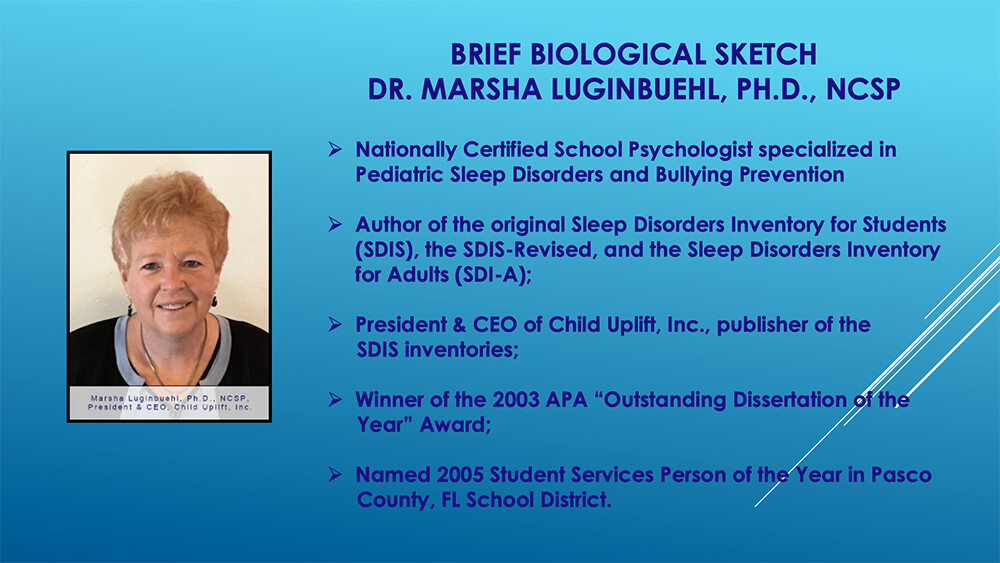

'So many experts say don’t use mobile phones or tablets before bed but that would be all fine and well in a perfect world,' says Wilson. If that seems impossible then, rather than ignoring it completely, try activating the downtime settings on your phone which makes it dimmer and getting a blue screen protector. Give yourself two hours of screen-free time prior to hunkering down.
#SLEEP EXPERT UK SERIES#
Binging your current Netflix series is out as it's been proven to keep us pretty pumped, but try reading a book or taking a bath (and bonus: add a few drops of lavender essential oil), which helps you feel sleepy by raising your body temperature what then drops as you move to your cooler bedroom.

Do things that won’t raise your heart rate.The 'how to get to sleep' golden hour is 60 minutes before bed, so make sure you tick all these things off and see the difference it will make:

Your Circadian Rhythm (aka internal body clock) is affected by a whole host of different things, from getting enough natural light (especially during the winter) to timing your evening meal so it's about three hours before bed rather than carb-loading pasta while setting your morning alarm. So it isn’t just a case of giving your pillow a lavender spritz before jumping under the covers, it’s something you should consider through the day. 'This starts building us up to sleep from the moment we wake up.' 'One of the systems that manages our sleep is a light/dark system – it’s like an internal clock,' says Wilson. Sounds like something you had as a kid, right? But a solid bedtime routine is essential for grown-ups, too.
#SLEEP EXPERT UK HOW TO#
When it comes to how to get to sleep, it’s about finding what feels right. But, if you’re a night owl, you’re a night owl, and vice versa. It can be tempting, especially when we feel we're running on low energy and not getting enough done, to wake up at 4am every morning in a bid to get more done. Understanding your type will help you work out when you need to start winding down ahead of trying to sleep.' Typical sleepers fall somewhere in the middle but most of us have a leaning more to one side. 'Early larks tend to go to bed around 9pm and wake up from 4am night owls go to bed after 11pm and wake up after 8am. 'Are you an early lark or a night owl?,' asks Wilson. You can only do so much so be kind to yourself, but if you are tired in the morning and still struggling to nod off at night then it's time to try this six-step checklist from James Wilson, AKA The Sleep Geek: 1/ Identify your sleep type (If you find that the prospect of sleep is causing you stress, you might be suffering from sleep anxiety.) How to get to sleep in 10 seconds or two minutes? It can feel impossible, especially if you've got into a pattern of bad sleep, but a key part of being able to get to sleep is being relaxed when you get to bed. To help out, WH asked the experts how to get to sleep, with science-backed tips for prepping the body for rest in the day, right up to the few minutes before we hit the hay. Putting too much pressure on yourself to get the coveted eight hours can cause us to stress about not sleeping which can – you guessed it – stop you from falling asleep. Research shows that those who only get between four and five hours of kip a night are more likely to be irritable, stressed and anxious.īut, don't fret. More worrying though, is the impact that prolonged lack of sleep has on your mental health. The impact of a lack of sleep is wide-ranging, with over half of the British females surveyed in Aviva’s Health Check UK report using tiredness as a reason not to exercise. While you may now have more hours on your hands, without a sloggy commute getting you out of bed, it won't necessarily translate to more shuteye.Īnd it’s not only zzz you’re missing out on, we're sorry to say. While totting up seven to eight hours is the ambition of most us, it can feel like a far-off dream. (A study conducted by King's College London found that 50% of the population struggled with slumber, during the national lockdown.) And that was before this year's dose of whacky politics and global pandemic which, research suggests, have hit our nighttime patterns hard. Even if you don't feel stressed, struggling to nod off (and finding yourself searching 'how to get to sleep' at 3am while trying not to wake your partner or housemates) is surprisingly common.Ī report by the Mental Health Foundation found nearly a third of UK adults suffer from insomnia, affecting our overall wellbeing.


 0 kommentar(er)
0 kommentar(er)
